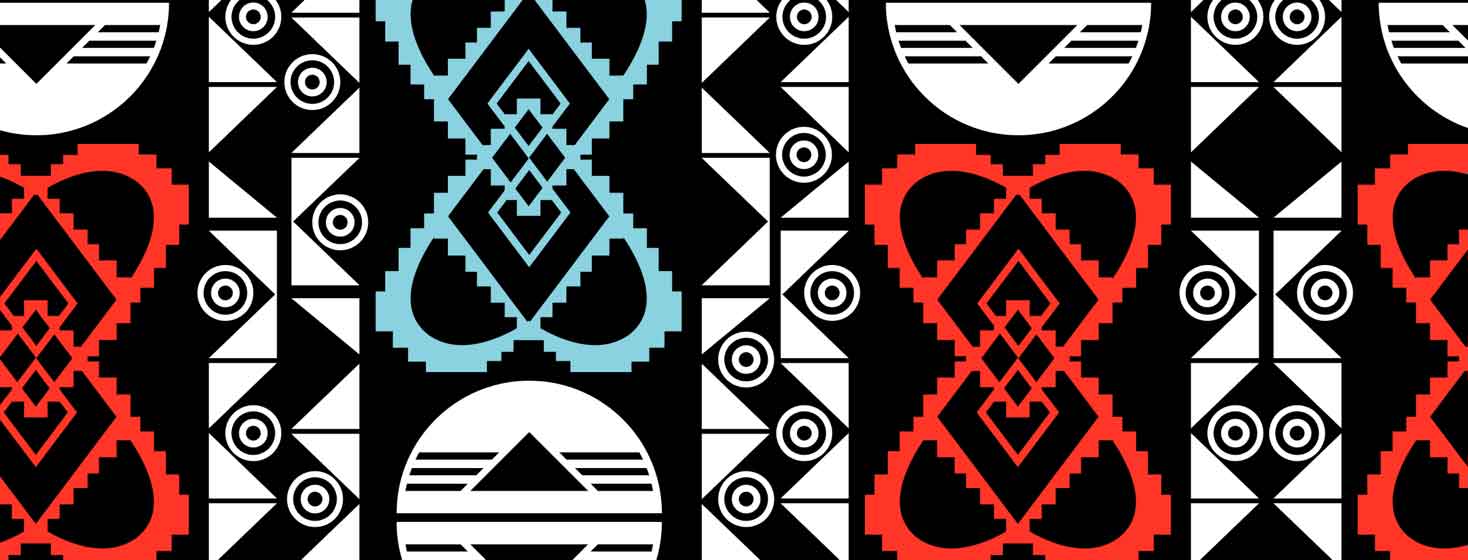The Strength of Community for a Communal Health (Part 1)
Editor's note: This is part 1 of a series. Be sure to check out part 2!
We face many problems globally, as communities, families, and as individuals. But I find that many systems worldwide are not necessarily built with community in mind. When people paraphrase the old African saying, "it takes a village…", I wonder what they mean. I had supposed 'village' implies 'community,' for it takes the collective strength of a community to carry each of us through life's moments—big, small, happy, or sad. Cultures across Africa believe that community is the essence of our existence.
Ubuntu
The Nguni word 'Ubuntu in Southern Africa best encapsulates the African sense of community. No one articulates this philosophy better than Archbishop Desmond Tutu. He explains that Ubuntu implies that "My humanity is caught up, is inextricably bound up, in theirs. We belong in a bundle of life. A person is a person through other people. I am human because I belong, I participate, and I share."1
Tutu explained, "When you give high praises to someone, we say, 'Yu, u Nobuntu'; he or she has Ubuntu, which means they are generous, hospitable, friendly, caring, and compassionate." Thus, there is a sense of embedded interconnection, and when lived in balance, it leads to a healthy equilibrium between individual independence dependence and inter-dependence.1
Healing pain and struggle
As an African now living in the USA, in western culture, I often find myself longing for the core teaching of Ubuntu. And I wonder, what if one applied the philosophy of Ubuntu to this western society. Would this help to heal some of the pains and struggles we currently endure?
Reflecting on my experience as an engineer and a patient, I began formulating a hypothesis for improving the effectiveness of care in our communities. We could apply the same concepts of interdependence to many other aspects of our society (healthcare, security, administration, business, etc.).
I grew up. The police commissioner and his staff lived amongst the people they policed. They went to the mosque with our parents, and we went to school with their children. We were present at each other's birthdays or funerals — we were one people. They were part of the community, and policing was the work they did for the community.
I can count how often I have heard of any violence by the police, and even in those few cases, it would have been the last resort. The outcome of their activities is in total contrast to the level of brutality and even the high rate of police murders or injustice against black people that the world observes in the US.
A complete picture with community
Same with healthcare. I believe it is essential to put communities at the center of health systems, especially cardiac health. In my case, the 'communities' I lived in have helped me successfully navigate life with my illness. Together, they have helped manage difficult moments and prevent situations from deteriorating further.
For instance, my mom, a doctor in the small city of Manantali, Mali, where I grew up, significantly influenced my outlook on life on the role of community. I observed my mom working and witnessed firsthand how her work impacted the community and vice-versa. At times, mom would visit her patients in their homes, allowing her to build a trusted relationship with them and their families to help them physically and mentally.
Her keen observation skills meant that she could also see the effectiveness of her prescriptions and recommendations up close. This way, she obtained a complete picture of their health, lifestyle, support systems, and environment.

Join the conversation